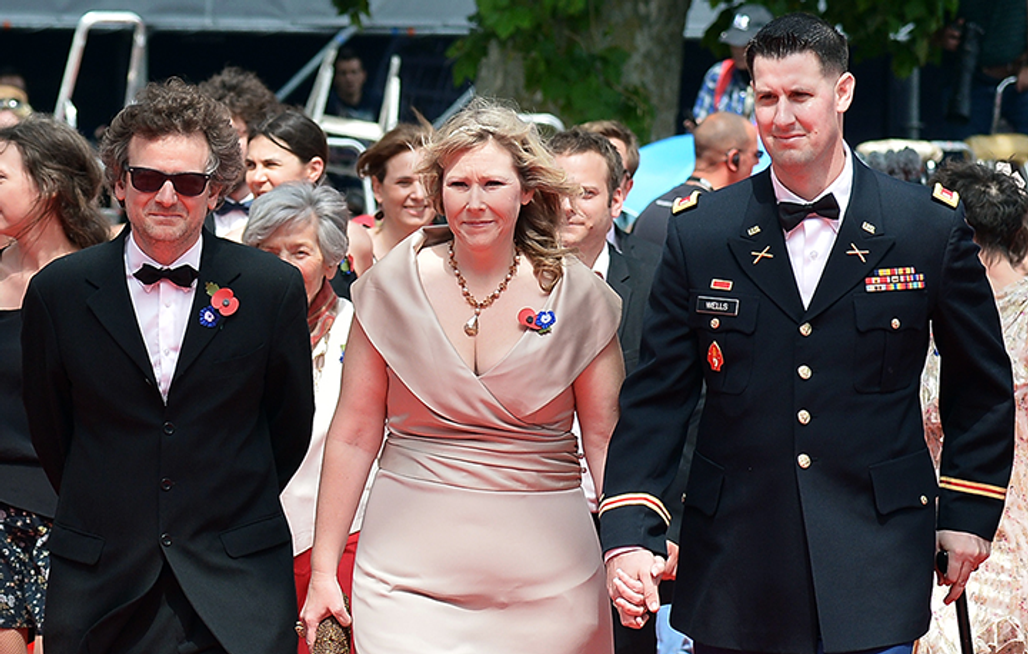
SPECIAL SCREENING – “Of Men And War (Des Hommes et de la Guerre)”: a possible narrative

After Living Afterwards: Words of Women (De Guerres Lasses) in 2003, Laurent Bécue-Renard explores the question of post-war once again, or how to live and struggle with after-effects which are often impossible to forget. The French film director presents a documentary about young war veterans who fought in Afghanistan and Iraq, who, once home, struggle to live the life that they left behind for a while. The crew was allowed to film the therapy of twelve of these American soldiers. Interview with the film director.
How did you come to make films?
It was a bit by chance, and at the same time, I feel as though I’ve always wanted to do this. I was a PhD student at Sciences Po (French Institute of Political Studies) and I met the former owner of Libération (a French newspaper) who sent me to Bosnia. I worked on Sarajevo On Line during the last year of the war. I wrote a lot, especially the Chronicles of Sarajevo. But after that, I wanted to put bodies to what I was writing, to voice everything I saw. Everyone has their own opinion about cinema, “a precise image of images” all in all. Everything started with an encounter: I was in a therapy centre for women near Sarajevo, and we needed a chief cameraman. I met a woman, who was an amateur, but who was of enormous help to us.
Why are you obsessed with post-war in your films?
When I was a child, I was obsessed with the periods of history that my parents and grandparents had known. My grandfather and my father both lived through wars. I was fascinated by the unspoken, the fact that no-one speaks about what actually happened, and that families live with a lack of replies. It was this great secret of war that wouldn’t go away; it made us what we are, I think we all have it in us.
How would you define those who come back from war?
They’re survivors. Their life has been so transformed. Lots of them have had children after what they’ve been through, for example. It’s not insignificant, they see life differently.
How do you film trauma?
A therapeutic context is interesting, as it’s already a kind of staging. A therapist immediately understands that you need help, thanks to his/her position and experience; the camera amplifies this understanding. I refused to ask questions or to do any interviews, I was interested in the questions that the young men were asking.
How did these patients accept the presence of a camera?
A therapeutic context can possibly become a film. This staging has been set by the presence of a camera. The therapeutic experience turned into a film. Everyone accepted its presence. I nevertheless had to convince these young men of the importance of my camera, that it could add something to their therapy and not be an intrusion. I owed this firm conviction to them. I built bridges between what was going on inside and outside.
Interview directed by Hannah Benayoun
SCREENING
Wednesday May 21st / Soixantième Theatre / 4:45pm
>> View the interactive calendar


